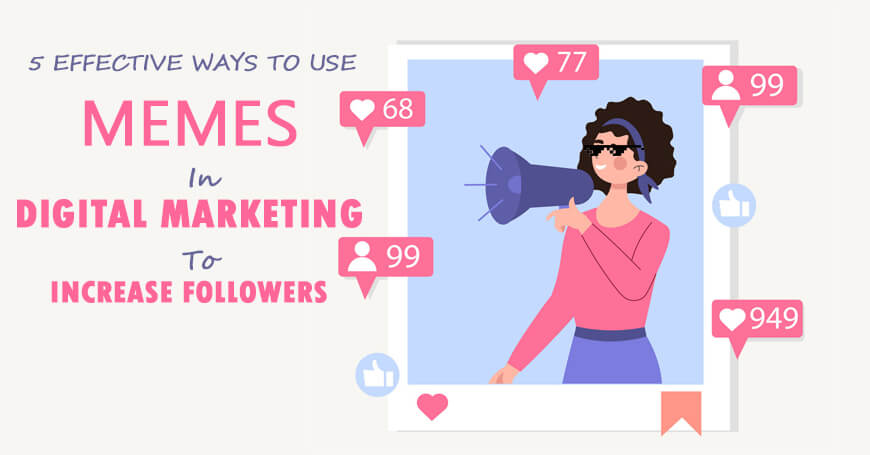What is Expertise Authoritativeness Trustworthiness (E-A-T) and why is it important to Google?
E-A-T stands for “everything a marketer needs to know and focus on.” Find out what E-A-T stands for and why it’s important.
Expertise, Authoritativeness, and Trustworthiness are abbreviated as E-A-T.
Google’s Search Quality Evaluator Guidelines include E-A-T as part of its algorithm.
Expertise Authoritativeness Trustworthiness (E-A-T) is “very significant,” according to Google.
The letters E-A-T you should not mistake with the word “eat” or the items we eat. Although, I must say, I’m craving a burrito right now.
If you’ve been working in SEO for a while, you’ve probably heard a lot about E-A-T.
But, exactly, what is Google E-A-T? Is it a massive overhaul, a minor adjustment, or something in between? How necessary is it to overhaul your entire SEO strategy? Is it OK to ignore it like that half-eaten taco from last weekend that’s still in the fridge?
In this post, I’ll explain what E-A-T is, go over Google’s Search Quality Rater Guidelines, why it matters, and how to feed your site E-A-T-style content to help it rank better.
Other SEO marketers who contributed to the handbook include Dave Davies, Lily Ray, Kevin Rowe, and Roger Montti.
What Is E-A-T, Exactly?
E-A-T is one of many criteria Google employs to decide whether or not a piece of information is helpful to readers and should rank high.
When Google included the notion of E-A-T to their Search Quality Guidelines in 2014, it was the first time it was mentioned.
Evaluators of Google search quality were told to pay attention to the following:
The originator of the content’s skill.
The content creator’s authority, the material itself, and the website’s authority.
The credibility of the content producer, the material itself, and the website.
In a nutshell, E-A-T is a quality indicator for a page, indicating that it is useful to users.
Is E-A-T a Factor in Ranking?
No, E-A-T isn’t a ranking factor, although it can have an impact on your content’s rating.
I know, this is almost as perplexing as Burger King’s Whopperito.
E-A-T is a Google algorithm that determines whether information is of high quality and should rank higher. The company uses it in numerous areas of the algorithm. While it isn’t a direct ranking factor, it does have an indirect effect on your total search ranks.
While it is vital, it may not be as important as some SEO experts believe.
According to Gary Illyes of Google, all of the hype around E-A-T is exaggerated, and it is hardly mentioned internally.
So, what is the significance of E-A-T for SEO?
Have you heard the expression “content is king” before? “Simply create high-quality content?” or “just create high-quality content?”
Don’t respond to that. Because, of course, you’ve already done so. On a regular basis, SEO experts have been requesting additional content.
Those expressions, while well-intentioned, make me roll my eyes because they don’t actually tell us anything about what constitutes high-quality material.
More photos? What about longer-form content? Alt tags aplenty? Better metas, perhaps? The rest of the world may never know.
Now, Google is revealing some information about what they deem to be high-quality material, which has huge ramifications for content marketers and SEO experts.
The E-A-T rules specify what type of material Google considers high-quality to genuine human reviewers who examine hundreds of websites.
Great material, according to their guidelines, should:
- Assist users.
- Have the professionals who can develop
- Be published on a reputable website.
- Have dependability.
- get the information on a regular basis.
If at all possible, persons should develop the information with a high level of competence, yet “everyday expertise” from people with real-life experience is acceptable when needed.
Pages that disseminate hate may obtain a lower E-A-T grade from search assessors if they hurt, misinform, or deceive users.


